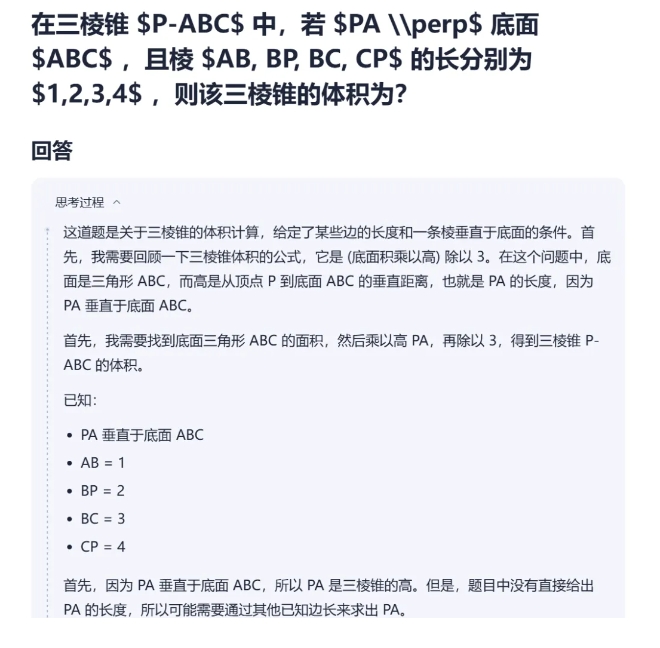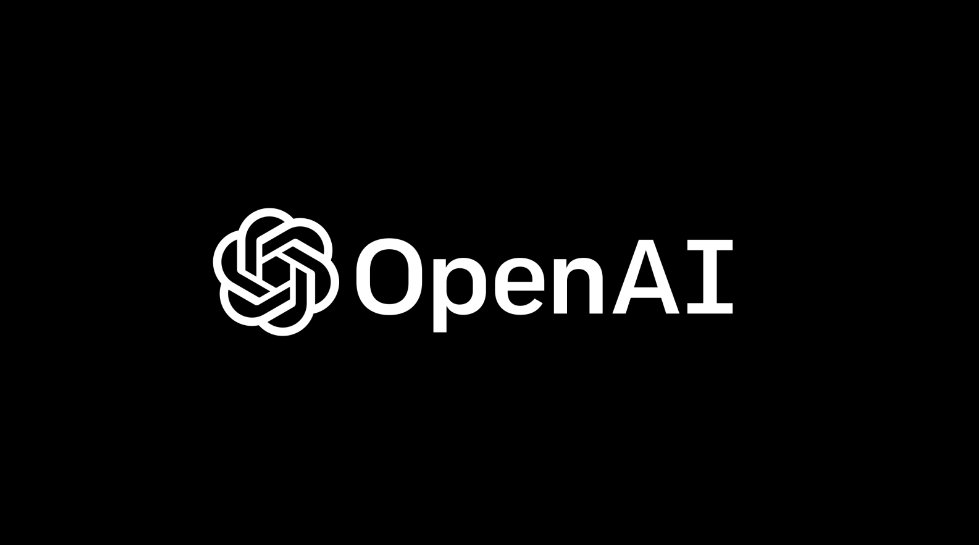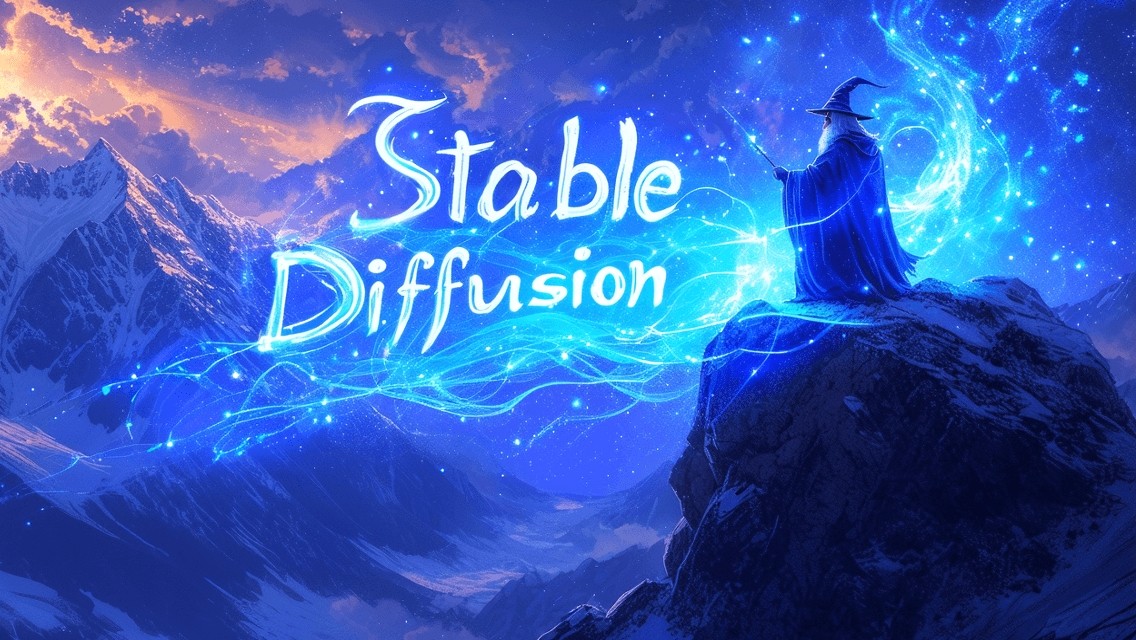On January 16, 2025, Shanghai Step Reasoner Intelligent Technology Co., Ltd. announced that its self-developed reasoning model Step Reasoner mini ("Step R-mini") was officially launched. Users can log in to the Yuewen web page https://yuewen.cn and select "Step R-mini" in the upper left corner to experience it.
Step R-mini is the first reasoning model in the Step series model family. It is good at proactive planning, trial and reflection, and provides users with accurate and reliable responses through the logic mechanism of slow thinking and repeated verification. It can not only solve complex problems such as logical reasoning, coding and mathematics through ultra-long reasoning capabilities, but also take into account general fields such as literary creation.
The Step series base model matrix independently developed by Step Star has covered comprehensive capabilities from language, multi-modality to reasoning. In mathematical benchmark tests such as AIME and Math, Step R-mini's performance exceeds o1-preview and is comparable to OpenAI o1-mini. It also performs better than o1-preview on LiveCodeBench code tasks. It is worth mentioning that most inference models cannot take into account both arts and sciences, but Step R-mini achieves "both arts and sciences" through large-scale reinforcement learning training and the use of On-Policy reinforcement learning algorithms. ”, it can not only accurately answer mathematics, coding, and logical reasoning questions, but also creatively complete literary content creation and daily chat tasks.

In practical applications, Step R-mini shows excellent results. When solving mathematical problems, when facing Mathematical Olympiad problems, it can build a reasonable reasoning chain, realize the planning and step-by-step solution of complex mathematical problems, and enumerate different solutions for cross-validation. When dealing with geometry problems, you can actively create content media for in-depth thinking through sketching. In logical reasoning tasks, independently try a variety of problem-solving ideas and ask yourself questions to ensure that all good solutions are enumerated. In terms of coding questions, you can correctly answer algorithm questions with a difficulty rating of "Hard" on the LeetCode technology platform. You can also handle complex development requirements, gradually analyze user needs and intentions, and build code logic. In terms of content creation, you can deeply understand users’ needs for expression, analyze creative themes, literary themes and other requirements, think about creative angles, depict scenes, rhetorical techniques, and content structure, give things symbolic meaning at the human emotional level, and add personalized and innovative elements. Expressive style. When it comes to translation issues, we follow the principle of "faithfulness, elegance, elegance" and strive to present accurate and meaningful translation results.
In addition to language reasoning models, Step Star is also building a visual reasoning model to integrate reasoning capabilities into large models with more interactive forms. Aiming at the Reasoning problem in complex visual scenes, the ideas of slow perception and spatial reasoning are introduced to transfer Test-Time Scaling from text space to visual space to realize Spatial-Slow-Thinking in visual space. At present, the visual reasoning model has achieved initial results, and the official version is expected to be released to everyone this year.
AI courses are suitable for people who are interested in artificial intelligence technology, including but not limited to students, engineers, data scientists, developers, and professionals in AI technology.
The course content ranges from basic to advanced. Beginners can choose basic courses and gradually go into more complex algorithms and applications.
Learning AI requires a certain mathematical foundation (such as linear algebra, probability theory, calculus, etc.), as well as programming knowledge (Python is the most commonly used programming language).
You will learn the core concepts and technologies in the fields of natural language processing, computer vision, data analysis, and master the use of AI tools and frameworks for practical development.
You can work as a data scientist, machine learning engineer, AI researcher, or apply AI technology to innovate in all walks of life.







